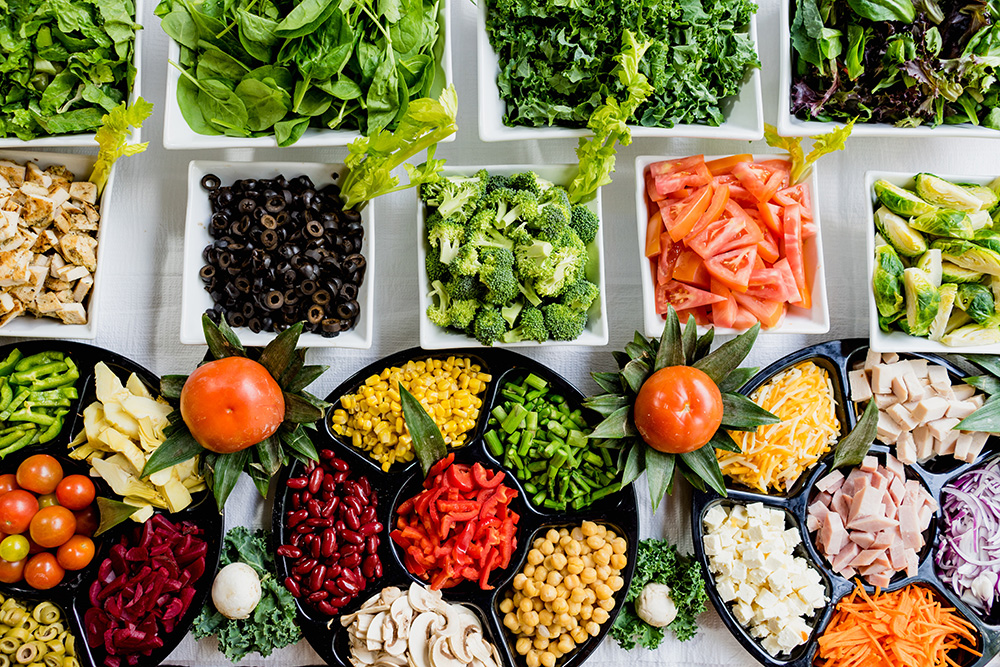
Chief operations officer of the HSE Anne OConnor has admitted that health workers who were close contacts were being called back to work before completing their 14 days self-isolation.
This was being used as a last resort.
Staff who were close contacts but had no symptoms were tested and then closely monitored by occupational health, she said.
Every member of staff was needed on duty and to any one who could help frontline workers go to work she said please help when asked about the shortage of child care. Staff who were facing such difficulties were being facilitated where possible, she added.
Responding to a question about absenteeism in the health service on RTÉ radios Morning Ireland, Ms OConnor said that between acute hospitals, support services and community services there were more than 7,000 workers absent because of Covid-19.
The level of absenteeism was challenging, she added.
Ms OConnor said that the health service was very dependent on being able to move people out of hospital back to their home or into another facility. All were tested on discharge, but if they tested positive options outside of hospitals had to be utilised as it was not an option to keep everyone in hospitals.
Minister for Health Stephen Donnelly has said that by the end of Quarter 2, which is the end of June, cohorts 1 to 12 on the prioritisation list will have been vaccinated.
Speaking on Newstalks Pat Kenny show, the Minister said that the plan was that by the end of Quarter 3 the final three groups on the list will have been vaccinated.
The strategy is to maximise the vaccines coming into the country and then have a delivery programme that we get them straight into peoples arms. We believe the best way of doing that is with the EU.
Extra doses agreed with Pfizer on Tuesday and the possibility of authorisation of the AstraZeneca vaccine would mean an additional three million doses in Quarter 3 which could see 1.8 million vaccinated including the over-65s, people aged 18-64 with underlying conditions, people in the same age group who work in crowded settings, key workers, those working in the education sector and those aged 55 and upwards.
The planning is that by the end of Quarter 3 the final three groups would be vaccinated.
Buying through the EU gives Ireland far more access to vaccines than if we went off as a small country and tried to do it alone.
Liam Woods, HSE director of acute hospitals, said intensive care units would be facing extreme pressure on the service over the next number of weeks.
There is some ICU capacity in the private system which we will seek to use, and beyond that there are some arrangements to expand ICU within the public system, he told RTÉs Prime Time.
Were looking at this stage at potentially moving from 160 cases in ICU at the moment , to potentially 300 by early next week so that would put the public system under extreme pressure, he said.
There would be capacity to expand the number of ICU beds in public hospitals up to 350, but beyond that there will be difficulty theres no question, he said.
Fundamentally were going to come under enormous pressure and already are, Mr Woods said.
At this stage we cant rule anything out, I think what were looking at in the next two weeks is a very concerning circumstance, and we will have to manage day by day he said.
It comes as Dr Tony Holohan warned that Ireland is going to experience high numbers of Covid-19 deaths for the next period of time.
He was responding to news of 46 deaths of patients with the disease on Tuesday, the highest daily figure in almost nine months. All but two of the deaths occurred this month.
Attributing the rise in deaths to unsustainably high levels of infection, Dr Holohan called on people to stay home out of respect for those who have lost their lives or were in hospital.
A total of 3,086 confirmed cases were reported yesterday, the lowest daily figure since New Years Day. More cases were recorded in Galway than in Dublin, despite it having a fraction of the capitals population. In Monaghan, the worst affected county at present, one in every 38 people has the virus.
There were 1,700 Covid-19 patients in hospital yesterday evening, including 170 in intensive care, more than the peak set last spring of 155. One in three hospitalised patients this month has been aged under 65.

 Subscribe to The Daily Telegraph to get unrestricted digital access, home paper delivery, Apps for iPad and Android, member only +Rewards and much more…
Subscribe to The Daily Telegraph to get unrestricted digital access, home paper delivery, Apps for iPad and Android, member only +Rewards and much more…  Do you compost or buy second hand?
Do you compost or buy second hand?  The Newsreader review: Exhilirating Australian prestige drama
The Newsreader review: Exhilirating Australian prestige drama  Local shares fell on Friday as investors make last-minute adjustments to their portfolios ahead of the main index’s rebalancing, while unease over rising infections grows.
Local shares fell on Friday as investors make last-minute adjustments to their portfolios ahead of the main index’s rebalancing, while unease over rising infections grows. 


